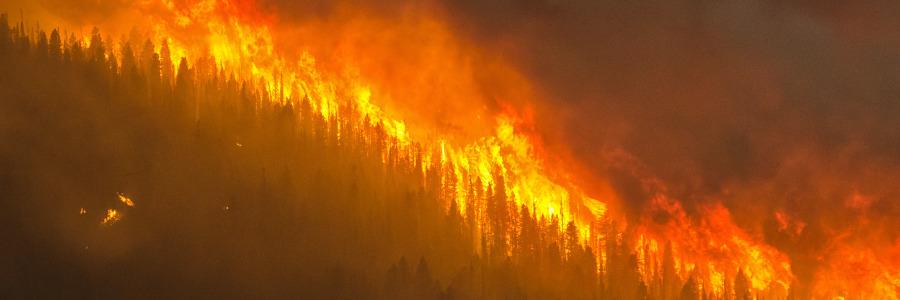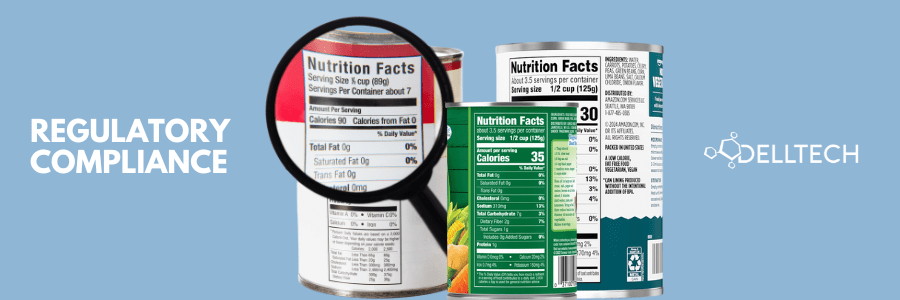By: Sarah D’Mello, SENIOR PRODUCT SAFETY SPECIALIST
As wildfires continue to ravage forests and grasslands across Canada, emergency responders are tirelessly working to contain the fires and protect impacted communities. These wildfires produce dense smoke, which poses various challenges. Predicting the occurrence, size, and trajectory of the fires is difficult. Moreover, the smoke can travel beyond the fire zone, effecting other communities and even neighboring countries.
Wildfire smoke is a significant source of air pollution, comprising a mixture of gases, particles, and water vapor that contains pollutants such as sulphur dioxide, nitrogen dioxide, carbon monoxide, volatile organic compounds, fine particulate matter and ozone. Exposure to this smoke can result in a range of symptoms, ranging from mild to more serious but less common.
Mild and commonly experienced symptoms include headaches, a mild cough, production of phlegm, sore and watery eyes, as well as irritation in the nose, throat, and sinuses. These symptoms can usually be managed without medical involvement.
However, there are also serious but less common symptoms that may arise, including severe cough, shortness of breath, and heart palpitations (irregular heartbeat). If these symptoms are experienced, it is advisable to consult a healthcare provider or seek urgent medical attention.
In rare cases, exposure to wildfire smoke can lead to severe consequences such as stroke, heart attack, or premature death. If there is a belief that a medical emergency is occurring, it is crucial to seek immediate medical care.
Health Canada has information regarding wildfire smoke, including the Air Quality Health Index and ways to protect yourself from wildfire smoke.
The US Environmental Protection Agency (EPA) has information on wildfire smoke and its effect on health and air quality. The Occupational Safety and Health Administration (OSHA) also has additional resources on wildfire preparedness, response and recovery operations.
[INSERT_ELEMENTOR id=5883]
Dell Tech has provided professional, confidential consulting services to the specialty chemical
industry in Canada, the USA, Europe, and Asia for the last 40 years.
Contact us today for more information.
www.delltech.com




